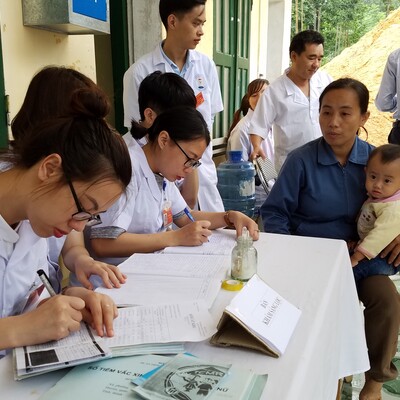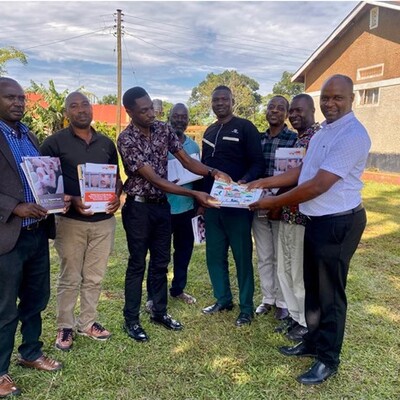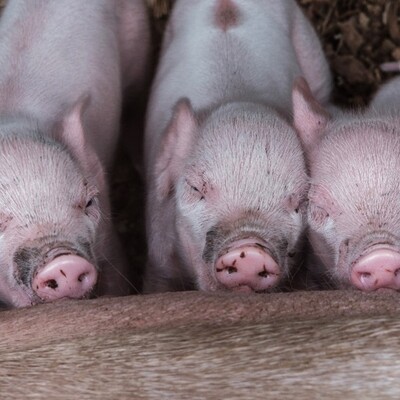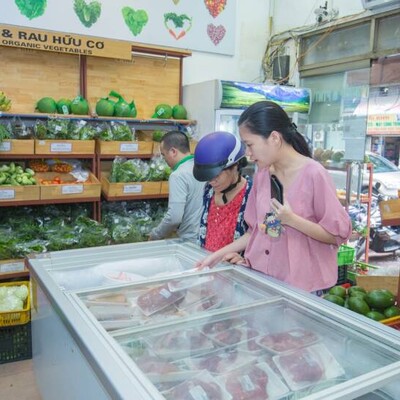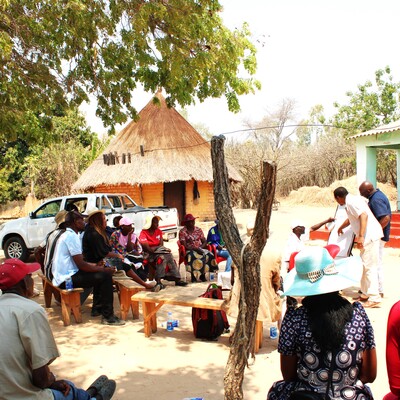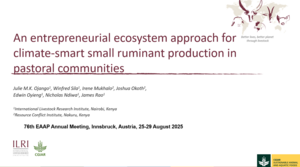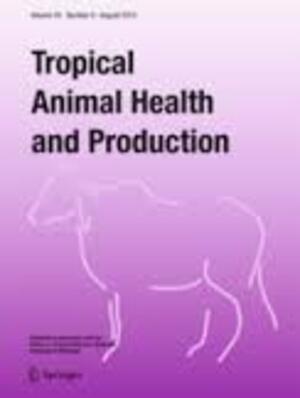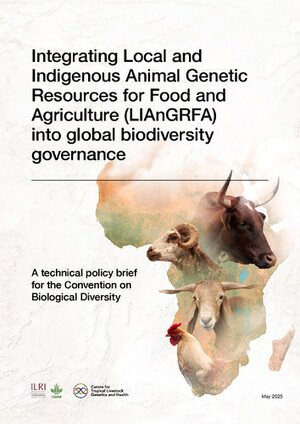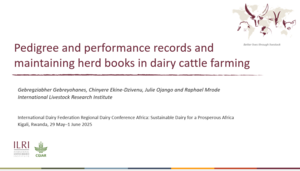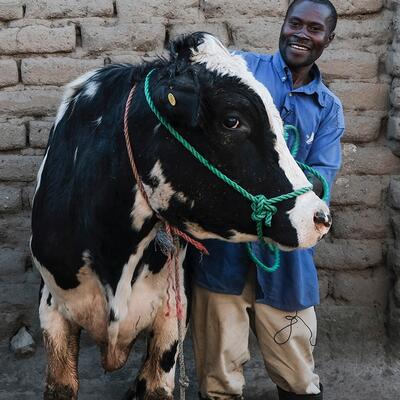
Mutual learning of livestock keepers and scientists for adaptation to climate change in pastoral areas
Farmer interactions enable peer review and experiental learning between farmers that may especially be beneficial with the the early and late majority adopter categories (Rogers, 2003) who often have a "wait and see" attitude to innovations (Maina, 2009). The approach ultimately has the advantage of empowering farmers and ensuring group learning, though the weaknesses of difficulties of scaling up and being relatively costly (Darr and Pretzch, 2006). The focus in this approach has so far been on the farmer without due consideration of how the scientists can mutually enhance the learning aobut the production system with a view of supporting wider adoption of successful interventions.
With increasing climate variability farmers strategies to buffer against variations become of predominant importance. This applies even more for pastoral livestock keepers since they earn their livelihood in temporally and spatially highly variable environments under high production risk. In recent years, farmer to farmer exchange has been identified as a promising approach to facilitate learning of farmers to improve their production and livelihood systems. The focus however, has so far been on the farmer without due consideration of how the scientists can mutually enhance the learning about production system with a view of supporting wider adoption of successful interventions.
Objective/goal
The purpose fo the project is to enhance adaptation to climate variability through effective knowledge sharing processes in vulnerable ecosystems of the arid and semi arid lands (ASALs) of Kenya. This involves development and adaptation of methods that render mutual learning between livestock keepers and scientists more effective.
Project location
Kenya
Expected outputs
1. Methodology of livestock keepers to livestock keepers' knowledge sharing, relevant to buffering against climate change in pastoral production systems adapted.
2. Effective tools for documentation, reflection and scientific use of the knowledge exchange process developed.
3. Analysis approach of decision making process and related rules on use of buffering strategies based on knowledge analysis and multi agent based modeling and simulation developed.
4. Methods published and shared with stakeholders of Non Governmental Organisations (NGOs) and research institutions.





